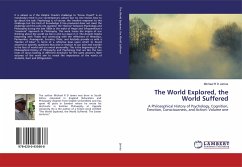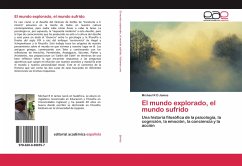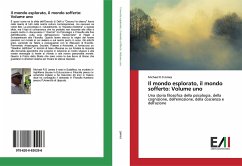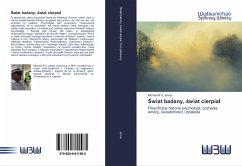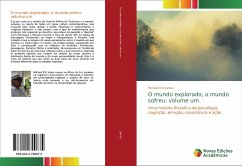It is almost as if the Delphic Oracle's challenge to "Know thyself" is on everybody's mind in our contemporary culture but no one knows how to go about the task. Psychology is, of course, the "modern response" to this challenge but the kind of knowledge it has produced does not meet the challenge and this calls into question the "divorce" between Psychology and Philosophy during the late 1800s in the wake of Hegel and Schopenhauer's "revisionist" approach to Philosophy. This work traces the origins of our thinking about the world we live in and our place in it. The Ancient Greeks beginning with Thales and continuing with the reflections of Heraclitus, Parmenides, Anaxagoras, Socrates, Plato, and Aristotle provide us with a "Garden of Eden" in terms of a reflective base upon which to found answers to aporetic questions that arise in relation to our awe and wonder in the face of world and our moral personality. This is the beginning of the Philosophical History of Philosophy and Psychology that are like the two faces of Janus looking in different directions for the same answers. Both volumes of the work aim to reveal the importance of the works of Aristotle, Kant and Wittgenstein.

